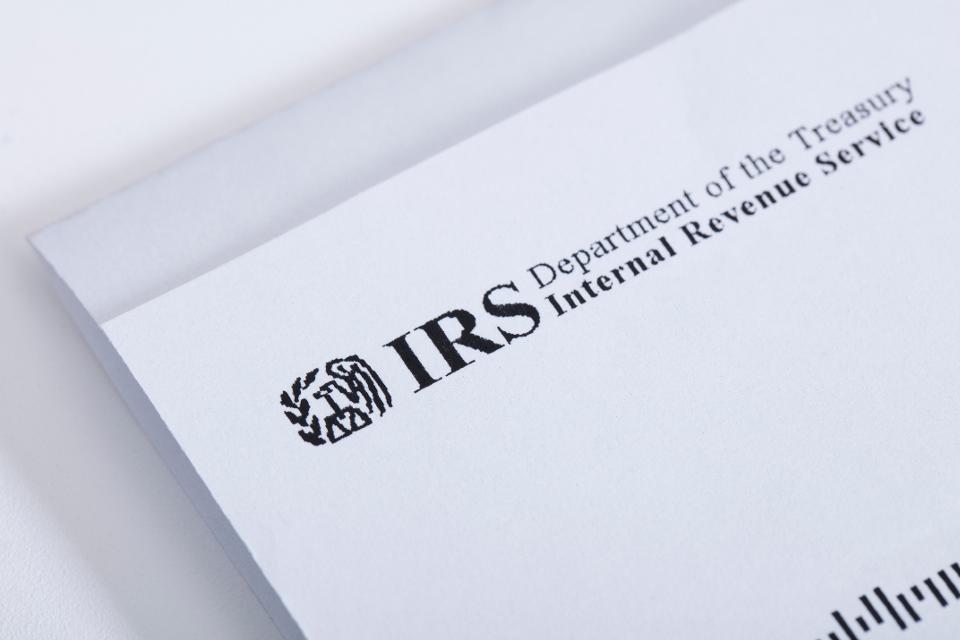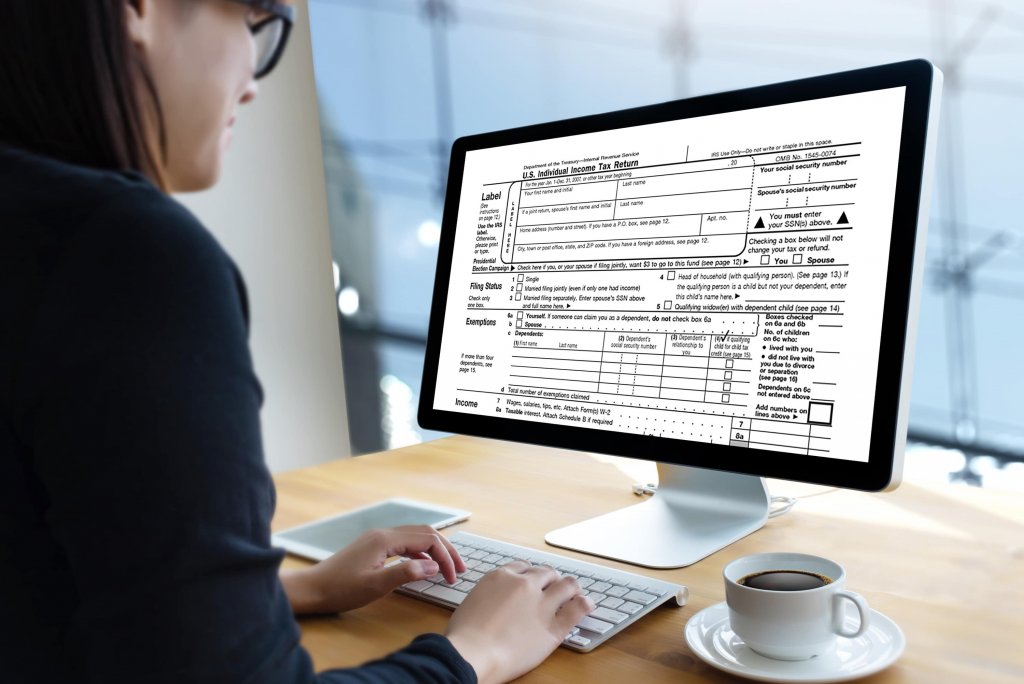If you asked a random person what really gets their goat about government rules, there is a good chance they would say taxes and how the IRS can fine you for tax reasons. Nobody likes to pay tax and the only other thing worse than the tax owing to the IRS, is being charged fines and penalties. Sadly many taxpayers almost always end up having to pay extra amounts each year because they neglected to disclose important income.
Payroll tax is easier to keep track of since the employer is responsible for remitting this, but in most cases, personal tax such as interest tax and tax paid by business people is what is likely to be overlooked and leads to fines. There is really no justification for paying extra tax in penalties because, if you are careful enough with your planning and pay close attention, you can easily avoid everything the IRS tries to throw your way and you could even end up with some tax refunds.
A tax refund is simply a reimbursement from the federal government, and it means that you overpaid your taxes the previous year. In this review, we shall look at the kind of tax reasons that would make the IRS fine you. We shall, however, start by looking at the areas in which you should pay tax, and if you do not pay the tax, the kind of fines you shall receive from the IRS.

How The IRS Will Fine You For Tax Reasons
The first thing you need to understand is that you are expected to pay your taxes by April 15. In some situations people are given the opportunity to pay by June 15.
Interest
The interest charged by the IRS is usually very little and they do this on a monthly basis. As of 2020, the first quarter interest charge is 5%. This is not always constant, and as the year progresses, it may either go up or down.
Failure to Pay Penalty
Interest paid is not considered a fine, and it is just payment to the IRS for the privilege of using the money from the government after the due date. The interest is therefore linked to a federal short-term loan and the fine for violating this is usually an additional 0.5% each month.
Estimated Payments
Estimated tax is a tax payment method that is used on all types of income that are not subjected to withholding tax, such as all earnings from interest, dividends, and self-employment. You should also make estimated tax payments on other income such as the taxable part of your social security benefits and unemployment compensation.
For example, if you owe the IRS around $1,000, they will expect you to start making estimated payments for the following year. If you do not do this, you shall be fined what they call “failure to pay estimated payments “penalty. If however, you did not owe them any tax the previous year, then you shall not be required to make estimated payments.
Fine
This is one of the most onerous penalties and you should try to avoid it by doing some financial planning every year. A fine is a result of the IRS not receiving a return from you. If you live in the US, you are required to file your returns by April 15. Failure to do so shall cause you to receive a penalty. If you filed for an extension and do not pay by October 15, you shall receive a penalty. If you live outside the US and do not file by June 15, you shall receive a penalty as well.
The penalty is usually 15 times greater than the interest. You shall be charged a penalty of 5% each month the return is late, up to 25% maximum penalty. This percentage is of the total amount of tax due as per the tax return.

How The IRS Will Fine You For Tax Reasons Conclusion
Tax must be paid, and if you do not pay, not only shall you be charged hefty penalties, but you can also be jailed up to 5 years and receive a $100,000 fine. Other tax offenses carry different consequences, and it is important that you avoid them as much as you can. Here is a summary of what to expect;
If you do not pay your tax by April 15, you shall be required to pay the IRS a 0.33% penalty per month on the interest. If you do not pay your failure to pay tax, you shall be fined 0.5% per month. If you do not pay on time, you shall receive a failure to file penalty which is around 5%.
There are a lot of penalties if you don't pay your taxes and a fine is just one of them. If you don't pay on time, you will lose money and so in order to avoid that you should plan ahead. If you have planned ahead, there is no reason why you can't pay your taxes by April 15.




